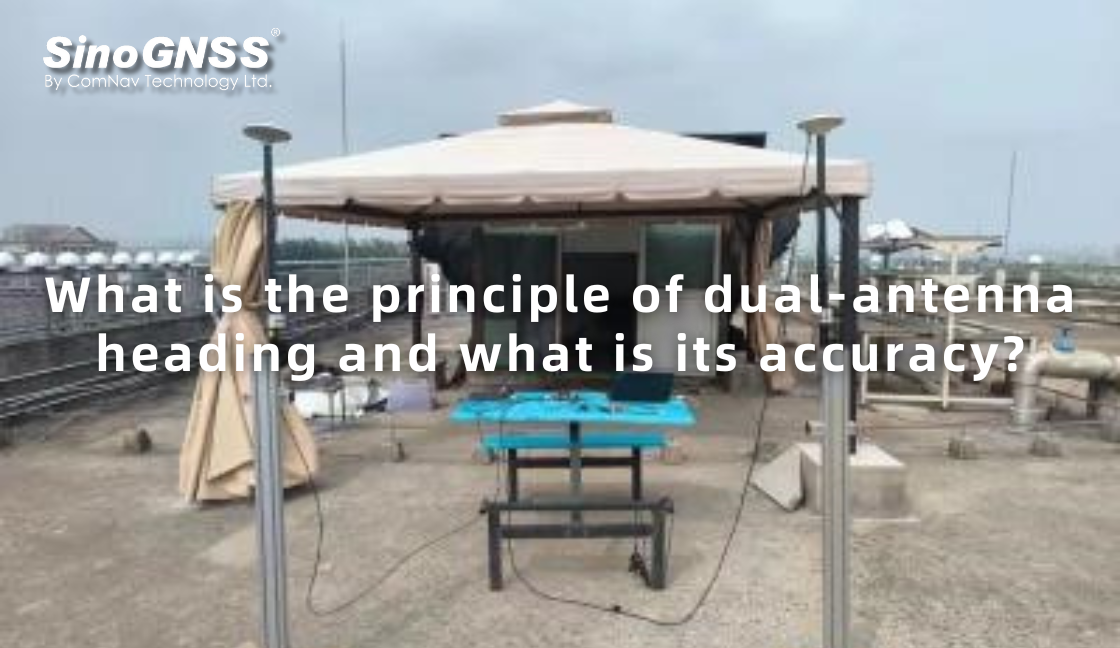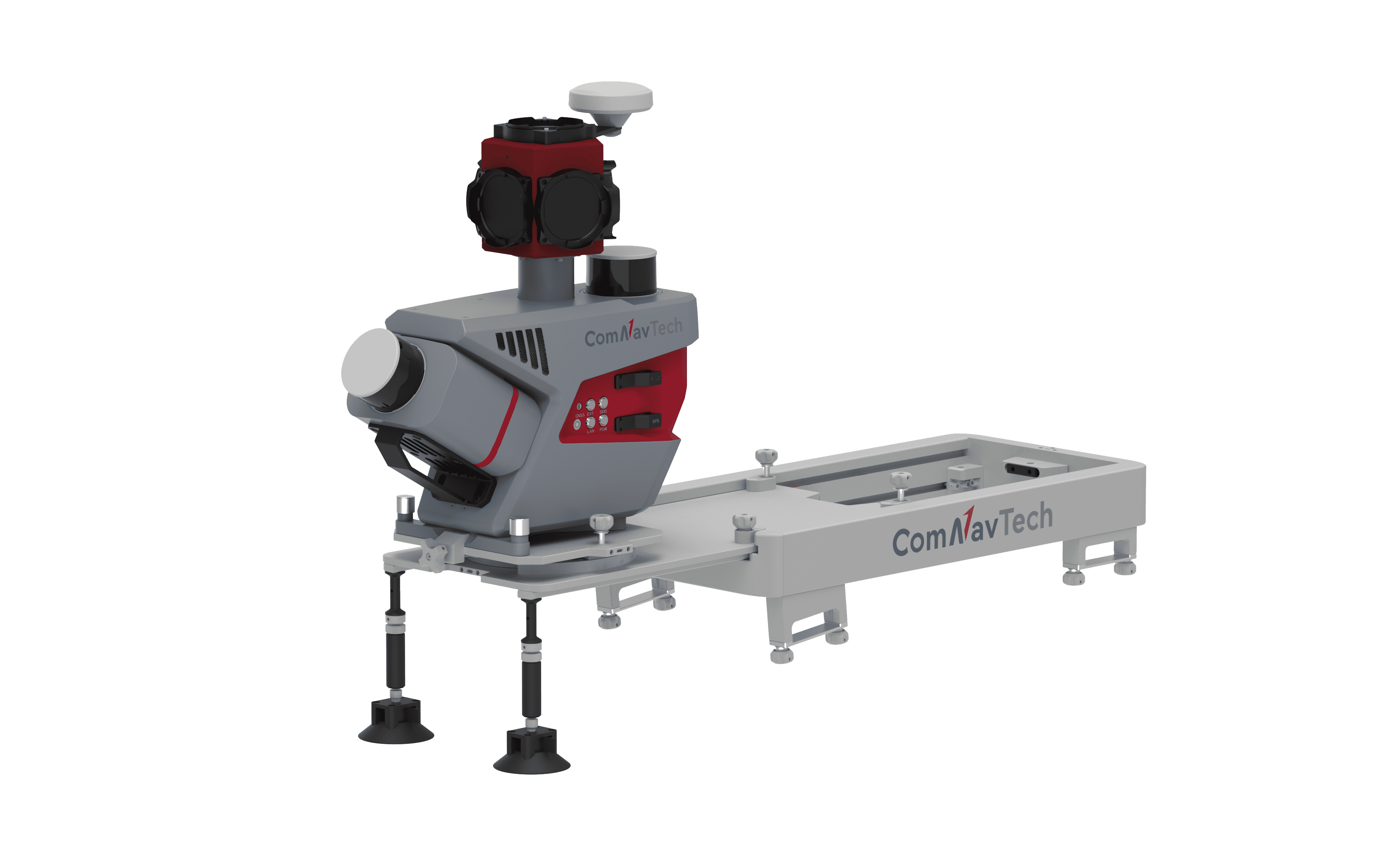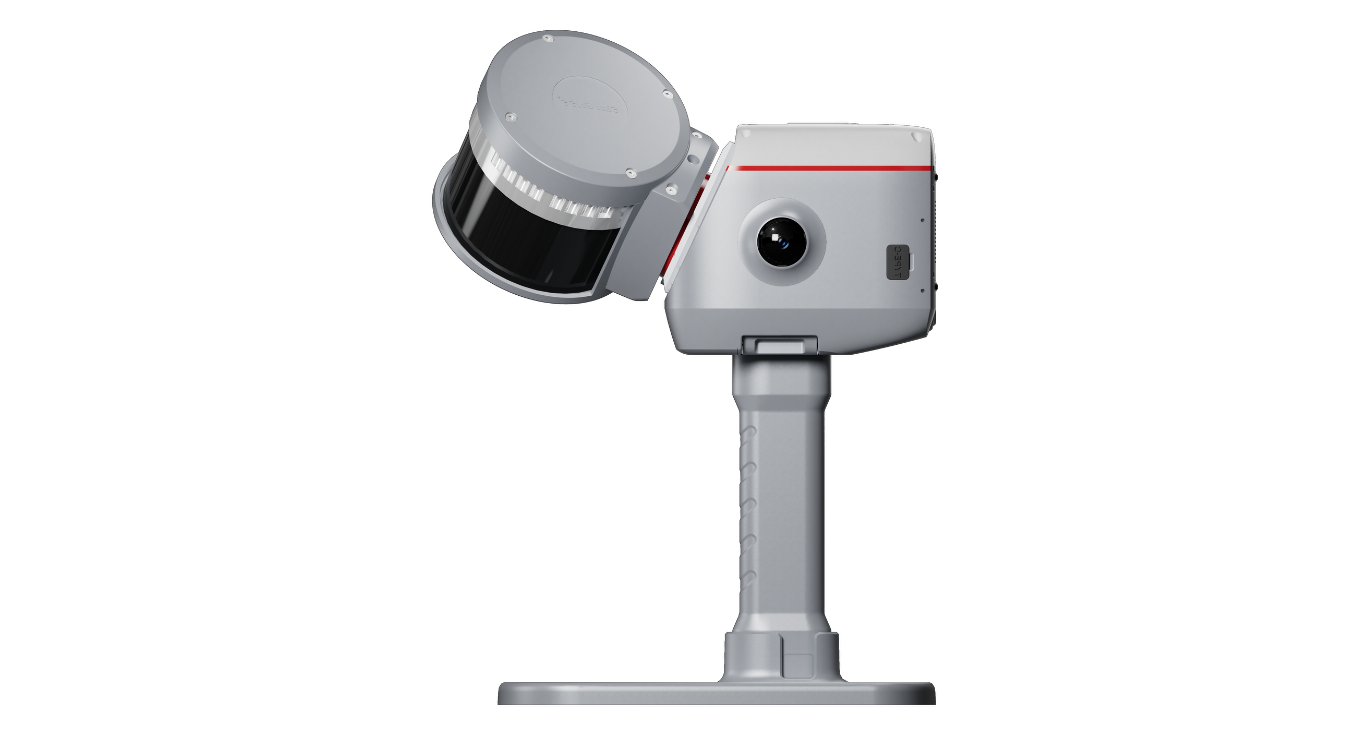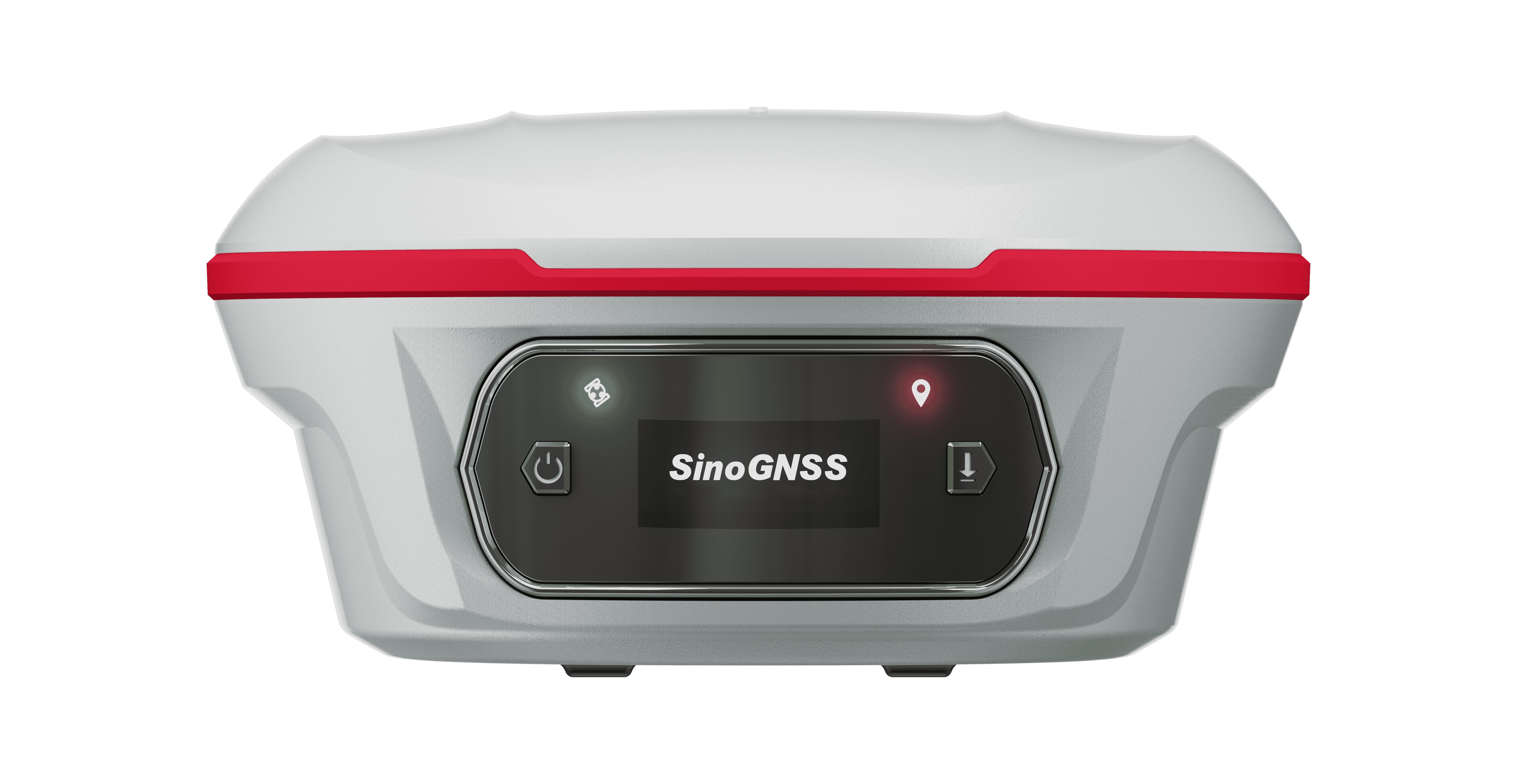What is the principle of dual-antenna heading and what is its accuracy?
With the continuous development of satellite navigation systems, satellite positioning and heading technology has become very mature. Dual-antenna heading has the advantages of high precision, simple structure, cost-effectiveness. It can be widely used in agricultural machinery navigation, unmanned driving, intelligent robot control, drones, unmanned ships, and many other fields. So how does the dual antenna perform heading? What is the accuracy of heading performance? Let's learn about it together.
1 Principle Introduction
Dual-antenna heading principle: Two antennas are installed on the carrier, and the satellite signals received by the two antennas are used to heading the carrier. The antennas are divided into master antennas and slave antennas. Dual-antenna heading regards the signal path from the same satellite to the two antennas as two parallel paths, and obtains the baseline vector by solving the double difference equation of the satellite signal carrier phase. The calculated baseline vector is transformed into the coordinate system to obtain the heading result in the local northeast sky coordinate system.
Generally speaking, the heading angle is calculated by making a difference between the master and slave antennas and obtaining their relative position relationship.

2 Data collection
Based on the dual-antenna heading accuracy test of the SinoGNSS K827 motherboard, the data collection site is on the roof of Building 2 in the ComNav Technology Ltd Park, using the SinoGNSS AT360 antenna. The overall layout scene is as follows:
 |  |  |
Broad Firmware Information
K827 | <VERSION COM1 0 60.0 UNKNOWN 1930 000172.950 00000000 0000 1114 < 1 < GPSCARD "S32352K827" "0000135200000000" "CRDK-827AA-TTT-1" "620FX-23B22-1" "9.0.2" "2023/Dec/12" "17:28:43" OK! |
3 Data analysis
Collection time: 2.5h | sample points: 45049 | Average number of satellites: 42 |
Baseline length: 1.9005m | Average heading angle: 151.1374° | Average pitch angle: 1.5244° |
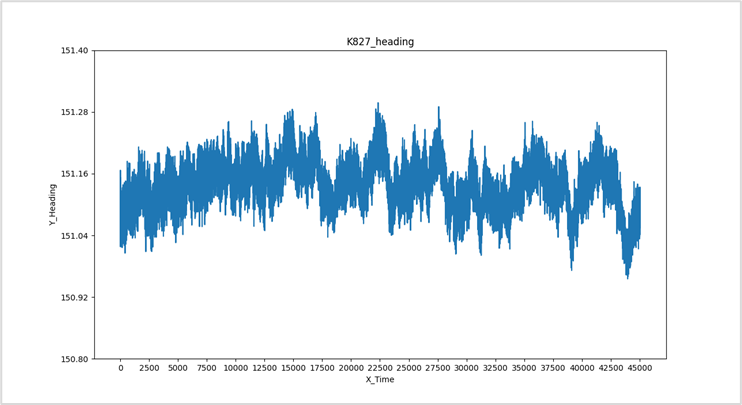
Heading

Pitch
Conclusion
According to the test results, SinoGNSS K827 board provides high accuracy for heading & Pitch.
Typical accuracy (baseline =1.9005m) | K827 Test accuracy (baseline =1.9005m) |
Heading: 0.15°/baseline= 0.079° Pitch: 0.25°/baseline=0.1315° | Heading: 0.0455° Pitch: 0.0959° |
About ComNav Technology
ComNav Technology develops and manufactures GNSS OEM boards and receivers for high precision positioning demanded applications. Its technology already been used in a wide range of applications such as surveying, construction, machine control, agriculture, intelligent transportation, precise timing, deformation monitoring, unmanned system. With a team dedicated for the GNSS technology, ComNav Technology is trying its best to supply reliable and competitive products to worldwide customers. ComNav Technology has been listed on the Shanghai Stock Exchange (Science and Technology Board), securities :ComNav Technology (Compass Navigation), Stock code: 688592.
About SinoGNSS®
SinoGNSS® is the official trademark of ComNav Technology Ltd., registered in People's Republic of China, EU, USA and Canada. All other trademarks are the property of their respective owners.
About ComNavTech®
ComNavTech® is the official trademark of ComNav Technology Ltd., registered in People's Republic of China, EU, USA and Canada. All other trademarks are the property of their respective owners.
